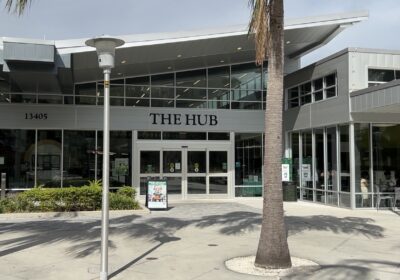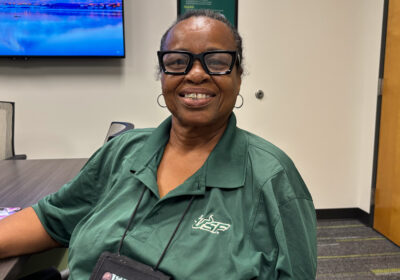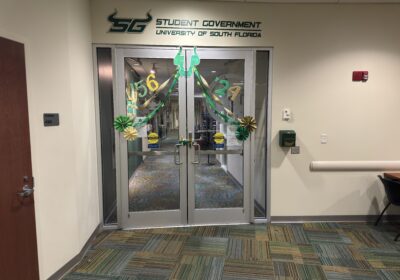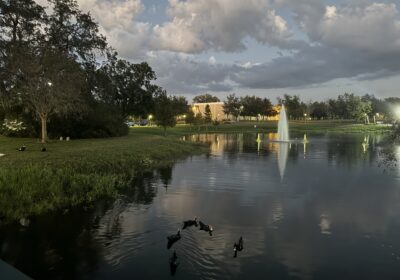Student Green Energy Fund Council perseveres during COVID-19
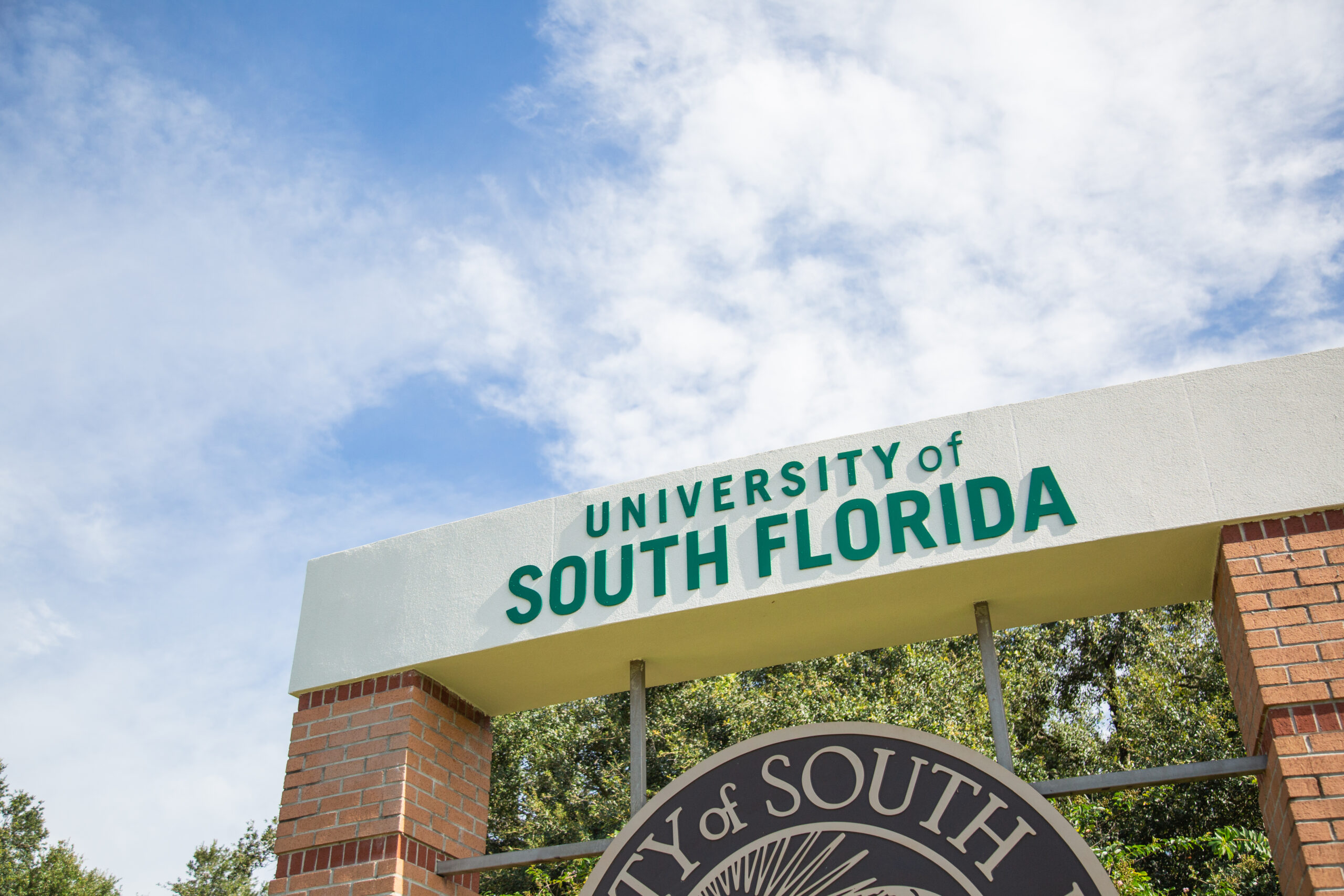
Even with a substantial decline in activity on campus, the Student Green Energy Fund Council (SGEFC) is moving ahead with funding new projects meant to evaluate how the USF community can take more environmentally conscious steps forward.
Among the approved projects, one focuses on reporting commuter greenhouse gas emissions on the Tampa campus by inquiring about the travel habits of USF students and employees.
James Ireland, a junior electrical engineering student at USF, proposed the addition of questions about these habits to USF’s parking pass purchase questionnaire. This will allow USF Parking and Transportation Services to get an accurate representation of scope three energy emissions or commuter greenhouse gas emissions from the university.
Scope three emissions are derived from student and employee travel when commuting to and from USF, according to Ireland. Accurate reporting of emissions was made a requirement in the 2008 Climate Action Charter signed by former USF President Judy Genshaft.
Scope emissions one and two are direct emissions as a result of fuel combustion and indirect emissions from energy purchases, respectively.
This proposal was unanimously approved by the SGEFC and a grant of $2,700 from the Student Green Energy Fund (SGEF) was awarded to Ireland and the three other individuals heading up the project, USF Sustainability Manager Suchi Daniels, chemical and biomedical engineering graduate student Diego Guillen and accounting major Joseph Fazio.
The grant will serve as a $2,200 one-time fee to the vendor TGW Software Services to add the questions into the form as well as an extra $500 for unforeseen expenses. These expenses could be a difference from the vendor quote or potential marketing campaigns to advocate for differences in commuting once the software has been updated.
The project will not take long to implement. Students buying parking permits in the spring semester might already see the change take place.
“One of the benefits of collecting this data is that we can actually estimate the tonnage of scope three emissions, so we can use this for reporting and for future public awareness campaigns,” Ireland said. “We cannot hope to incentivize folks to drive a more fuel-efficient tool if they don’t know where those emissions are coming from initially.”
Ireland suggested that the data can ultimately be used to create more effective marketing for initiatives like increased biking to campus, or the extension of Bull Runner routes.
“Scope one and scope two emissions are generally the better recorded units,” Ireland said. “Scope three is pretty hard to identify because it’s based upon people that are driving to you or your airplane travel, and most people are not looking at that.”
To remedy this issue, Ireland proposed the implementation of two new questions on the form that students, faculty and staff are required to fill out when they purchase parking passes. The form currently asks for the vehicle year, make and model, as well as the permit class that the customer is looking to purchase.
Now, the proposed addition would also ask students and employees to list their average round-trip mileage when commuting to and from the Tampa campus, as well as how many days they commute to campus on average per week.
“We need the additional data so that USF Facilities Management can properly report scope three emissions, because as of right now, this is a giant guess,” Ireland said. “We don’t have any data that shows these emissions and we already have a portal that can provide this because if you drive to campus, you have to have a parking pass.”
Ireland is one of many students who presented proposals to the SGEFC during its monthly Microsoft Teams meetings. The council meets to discuss projects in development as well as proposals by students who would like their projects funded by the SGEF.
The SGEFC is slated to see many more student proposals in the coming months during its virtual meetings. The council currently has a $3.78 million cash balance, $2.26 million of which is available for new projects.
This money comes from the Student Green Energy Fee, which is a portion of student tuition equivalent to one dollar per every credit hour a student takes. For example, a student with a 15-credit-hour course load would be contributing $15 to the SGEF in that semester. The SGEF generated $502,784 in the fall semester alone.
The SGEFC already has $1.29 million currently tied up in ongoing projects, ranging from tree mapping to installation of LED lights in parking garages and the purchase of an electric bus and green equipment for the recreational center, according to SGEFC Chair Alexis Mootoo.
All of these endeavors contribute to the reduction of energy emissions on campus, whether they are scope one, two or three emissions.
The SGEFC is also currently working toward proposing an improved voluntary Canvas course that will guide students through the research and development of their idea as well as assist them in preparing to present a project proposal to the council. The Canvas modules will consist of instructional videos, guided forms, specific outlines and lists of requirements for proposals in line with the Climate Action Charter.
The council hopes that making the process to propose projects easier will encourage more students to get involved in making changes to the university.
“These projects provide effective ways for the student body to participate in the university’s sustainability goals,” Mootoo said. “They will have a lifetime impact and will benefit all future USF students.”
Ireland said that obtaining data now is important, as USF’s overall energy emissions increase when students enroll and more faculty are hired. In order to make changes to substantial energy emitters like the number of drivers on campus compared to bike riders, they have to be identified in the first place.
“We’re moving towards essentially becoming a carbon-neutral campus or a net-zero campus, so at some point in time, [steps toward collecting data] are going to have to be taken,” he said.
USF has been trying to report scope three emissions since 2010 via survey, but has never received more than 50 responses, according to Ireland, so this change will help remedy that.
The council voted to approve the project Nov. 20, immediately after the proposal was finished, with no debate among members regarding its approval.
“It’s always lovely to see initiatives being moved forward and there being some unanimous excitement around it,” Mootoo said.
As the council approves new projects and publishes its new Canvas course, it hopes that more students will present new ideas to be implemented across USF.
“This year has been a bit more challenging in terms of engagement,” Mootoo said. “The council’s ability to implement sustainable projects depends on students proposing ideas and projects.”


